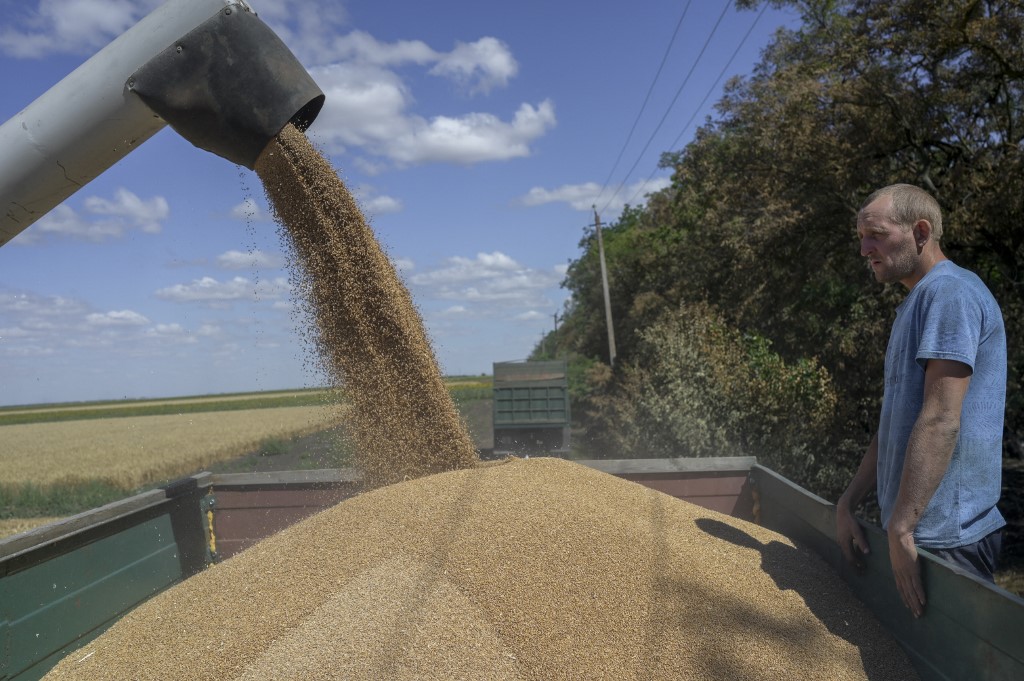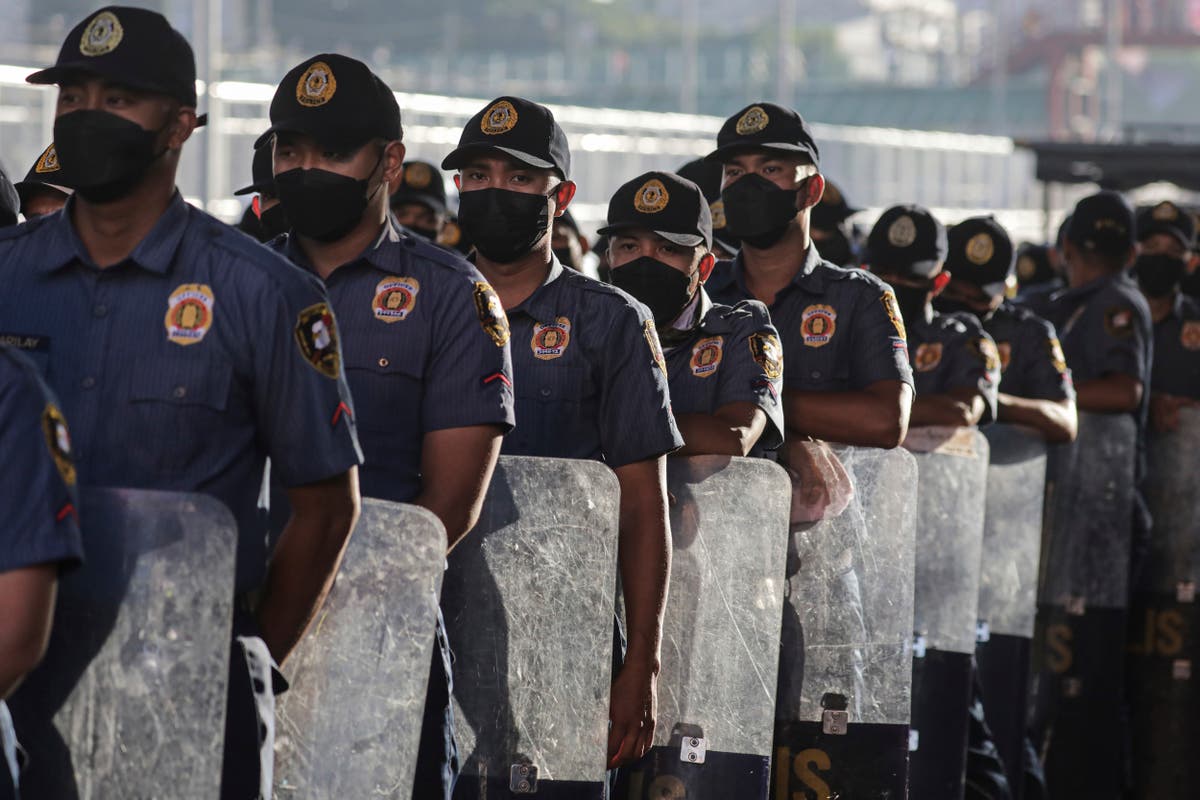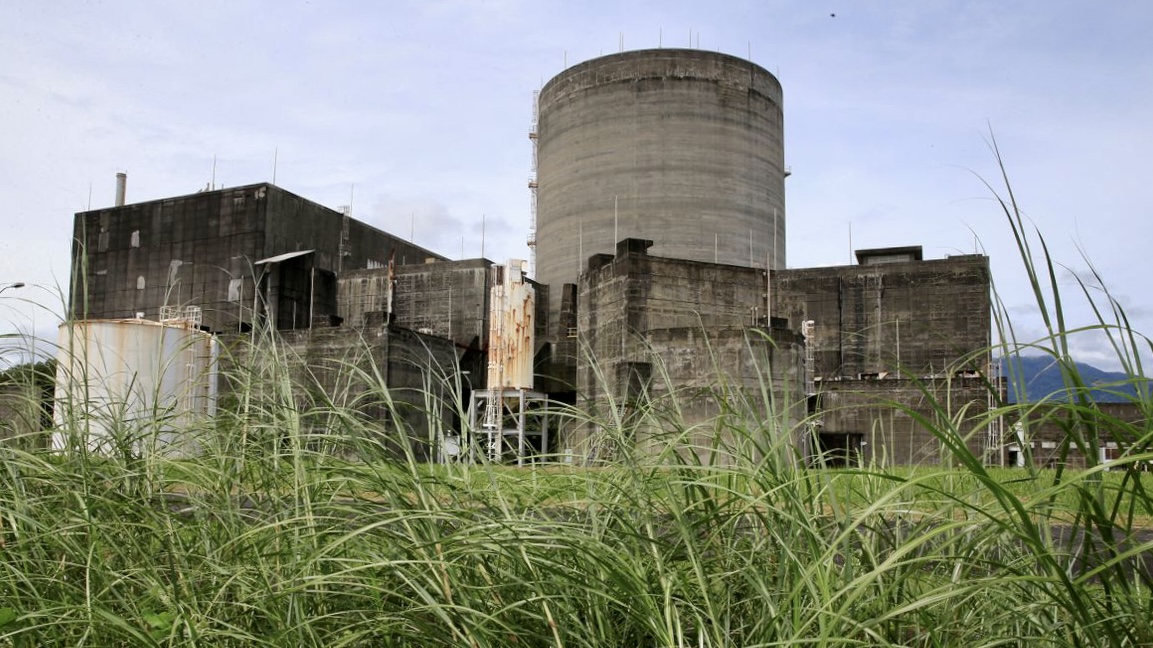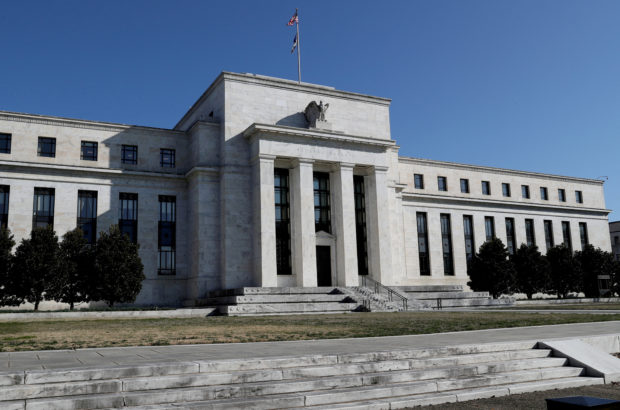[ad_1]
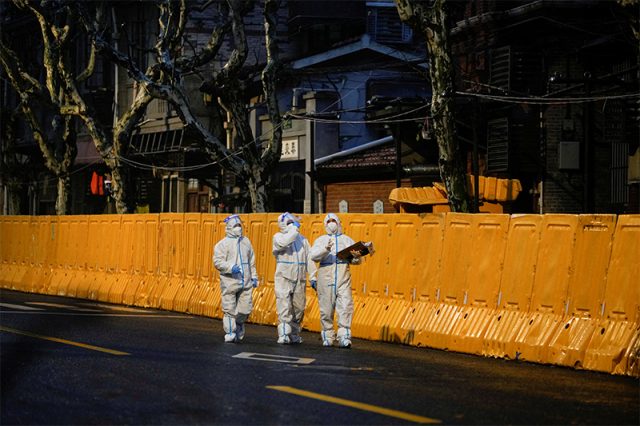
The COVID-19 pandemic and considerations in regards to the risks of the virus have diverted consideration from the first response to the disaster — the choice to lock down whole populations.
But there are necessary inquiries to ask. Why did the world go into main lockdown for this an infection and never for different coronaviruses, together with SARS-CoV-1, which most consultants thought of extra life-threatening, though the variety of circumstances worldwide was a lot decrease.
Why has there been so little debate globally about what to do within the occasion of a serious emergency like one other pandemic? Why did nations observe one another’s actions on containing COVID-19 with out contemplating native idiosyncrasies and cultural traits?
The solutions to those questions might clarify the divide in most western industrialized nations between those that defend the liberty to guard themselves as they see match within the face of a extremely infectious illness and people who prioritize the overall inhabitants’s well being and the safety of weak individuals.
In a lately printed article entitled “Exploring the Technique of Coverage Overreaction: The COVID-19 Lockdown Selections,” we study coverage over-reaction.
We don’t go judgment in our analysis on the general administration of the COVID-19 pandemic by governments. We focus solely on the preliminary response to the pandemic — particularly, widespread lockdowns. We analyze the responses to the COVID-19 pandemic in a number of nations that took completely different approaches to managing the disaster.
We’re strategic administration professors and performed this evaluation as consultants in theories of organizations and the way they perform, with a deal with strategic and decision-making processes.
Political over-reaction?
Early coverage selections to massively confine whole populations have been made as a result of COVID-19 was perceived as very harmful. At first, these lockdowns elicited little public outcry virtually anyplace globally, regardless that they profoundly affected the day by day lives and well-being of the populations affected.
When the primary determination in response to a serious risk is giant and excessive, it turns into more and more difficult for authorities to rethink or right. But these selections, usually made in a rush, can result in human and financial upheaval. Their results are often felt over the long run, and they don’t seem to be given a lot consideration given the true or perceived urgency of the disaster.
Coverage over-reaction has been documented in educational analysis. For instance, George W. Bush’s catastrophic determination to invade Iraq in 2003 has been introduced as a typical instance of coverage over-reaction, this one in response to the 9/11 terrorist assaults.
In distinction, throughout the Cuban Missile Disaster in 1962, John F. Kennedy resisted his advisers’ name to arms. His actions most likely prevented a nuclear confrontation with the Soviet Union.
Typically, preliminary responses to what seems to be an alarming risk — whether or not navy, strategic or health-related — are essential to the peace and prosperity of countries. These preliminary selections create “path dependency,” as defined by American administration research skilled Ian Greener, when previous occasions or selections affect subsequent behaviour and perceptions.
Response to COVID-19
The French COVID-19 containment measures have been excessive. France’s response attracted worldwide consideration, and folks across the globe have been struck by the picture of abandoned Paris streets on the onset of the pandemic.
Sweden was one of many first nations to take an reverse method, resisting the concept of confining its whole inhabitants regardless of a storm of criticism from the worldwide media and a subsequent inside reconsideration inside the Swedish authorities. Regardless of this, a fee concluded in February 2022 that “Sweden’s no-lockdown COVID technique was broadly right.”
Swedish authorities acted shortly to guard probably the most weak inhabitants segments, however kept away from widespread lockdowns, though the nation has had main outbreaks in its retirement residences.
They supplied fixed data to the general public, searching for each co-operation and social approval. The Swedish response has usually been neither higher nor worse from a well being perspective — as of February 2022, Johns Hopkins College estimated coronavirus-related mortality as 0.6 per cent in France, 0.7 per cent in Sweden, 0.9 per cent in Germany, 1.1 per cent in Canada and 1.2 per cent in the US.
However Swedish authorities spared Swedes the excesses of mass confinement.
Choice-making throughout crises
The 1960 behavioural sciences concept generally known as “disjointed incrementalism” holds that when cause-and-effect relationships are unsure or unknown — when there’s no method of figuring out how selections will have an effect on behaviour — broad insurance policies are extra applicable after they first encompass small selections, made in sequence, step-by-step, to facilitate studying, adjustment and keep away from over-commitment. It additionally argues selections ought to contain enter from all teams to profit from collective expertise.
Our analysis suggests feelings, significantly worry, can derail rational decision-making, a phenomenon extensively documented in psychological literature. When it impacts whole populations, worry can gasoline “crowd behaviour.”
In his ebook Crowds and Energy, the British-German author Elias Canetti, a Nobel Prize winner for literature, argued that folks devolve into pack behaviour when frightened, they usually develop into straightforward to govern. Irrational behaviour that will not usually happen individually is widespread in crowds, based on Canetti.
Within the case of COVID-19, worry possible influenced crowd behaviour. Nervousness in regards to the coronavirus amongst residents was possible one of many elements that helped stop any coverage adjustment or correction. As a substitute it led to additional tightening of guidelines.
What’s generally known as institutional isomorphism might have additionally contributed to lockdown selections. That’s when the institutional surroundings — legal guidelines, norms, tradition and practices — pushes individuals and organizations into related behaviour to justify their actions.
Well being-only recommendation
Confronted with uncertainty, strain from the media and frightened populations, nationwide leaders typically observe one another’s lead, cementing an over-reaction and taking extra motion — typically questionable — to justify and implement their selections. However within the case of COVID-19, the method of justification and implementation usually relied on health-only recommendation and group assume, whereas disregarding social sciences.
It’s not clever, in our opinion, when making selections in regards to the well-being of whole populations, to neglect the views of psychologists, sociologists, historians, organizational theorists and different scientists.
We spotlight 5 measures to restrict the results of unfavorable feelings and institutional isomorphism in emergency disaster administration:
- Undertake an incremental decision-making method to permit for studying;
- Decentralize response decision-making;
- Guarantee open communication and take heed to civil society enter;
- Construct balanced decision-making constructions, involving a variety of scientific consultants, but in addition involved societal leaders;
- Guarantee true evidence-based administration, making an allowance for the assorted facets of an emergency disaster.
COVID-19 has undoubtedly been a big risk for nations world wide.
However large-scale crises are troublesome to handle exactly as a result of individuals can react emotionally. To take care of management, it’s important to protect in opposition to excessive coverage selections which might be troublesome to evaluate and implement.
Minimizing the unfavorable feelings, particularly worry, which might be generated by these crises — and offering reassurance — assist management behaviour, earn public help and enhance the decision-making course of.
That mentioned, on no account will we decrease the problem of managing such a disaster. On this vein, we acknowledge that governments have dealt with the pandemic not solely to cut back the variety of deaths, but in addition to keep away from the saturation of well being techniques, weakened by the surge of COVID-19 circumstances.
![]()
Sofiane Baba, Professeur adjoint en administration stratégique, Université de Sherbrooke and Taïeb Hafsi, Professeur en administration stratégique et théorie des organisations, HEC Montréa.This text is republished from The Dialog below a Artistic Commons license. Learn the unique article.
[ad_2]
Source link



